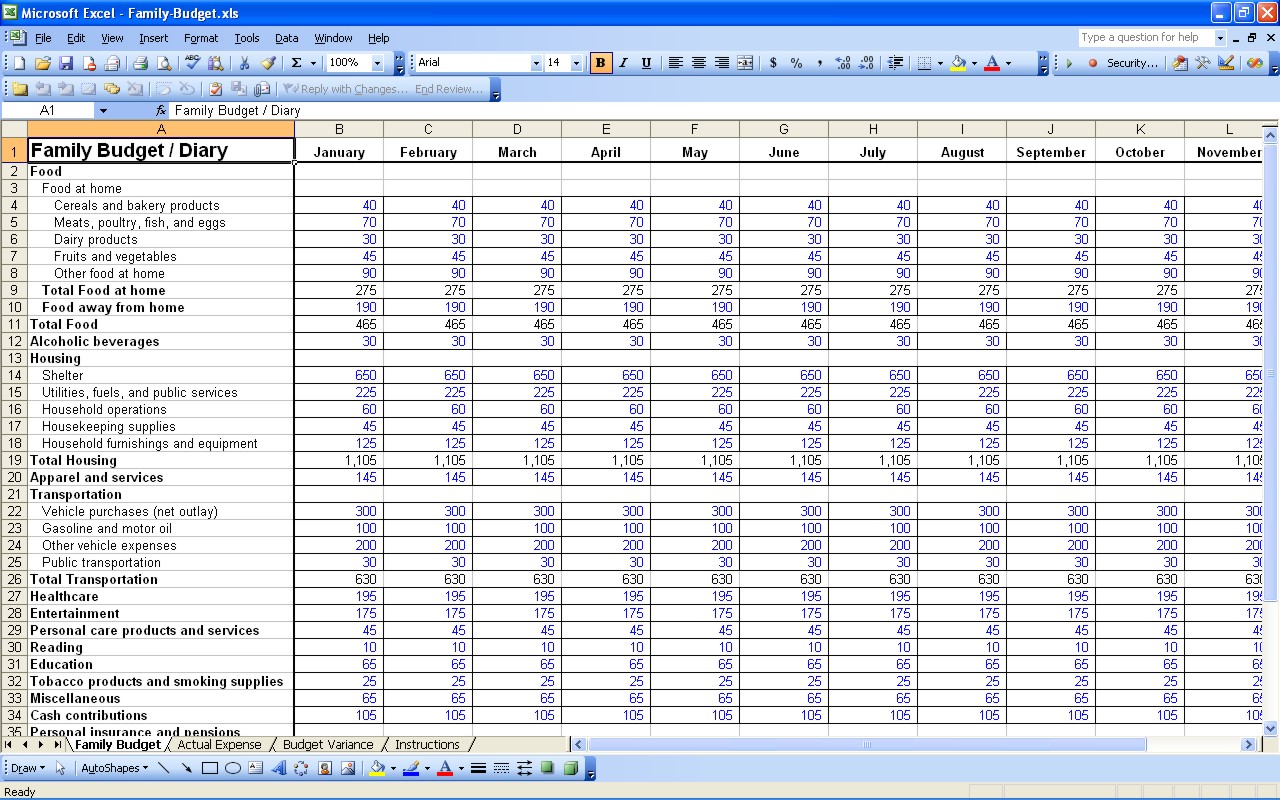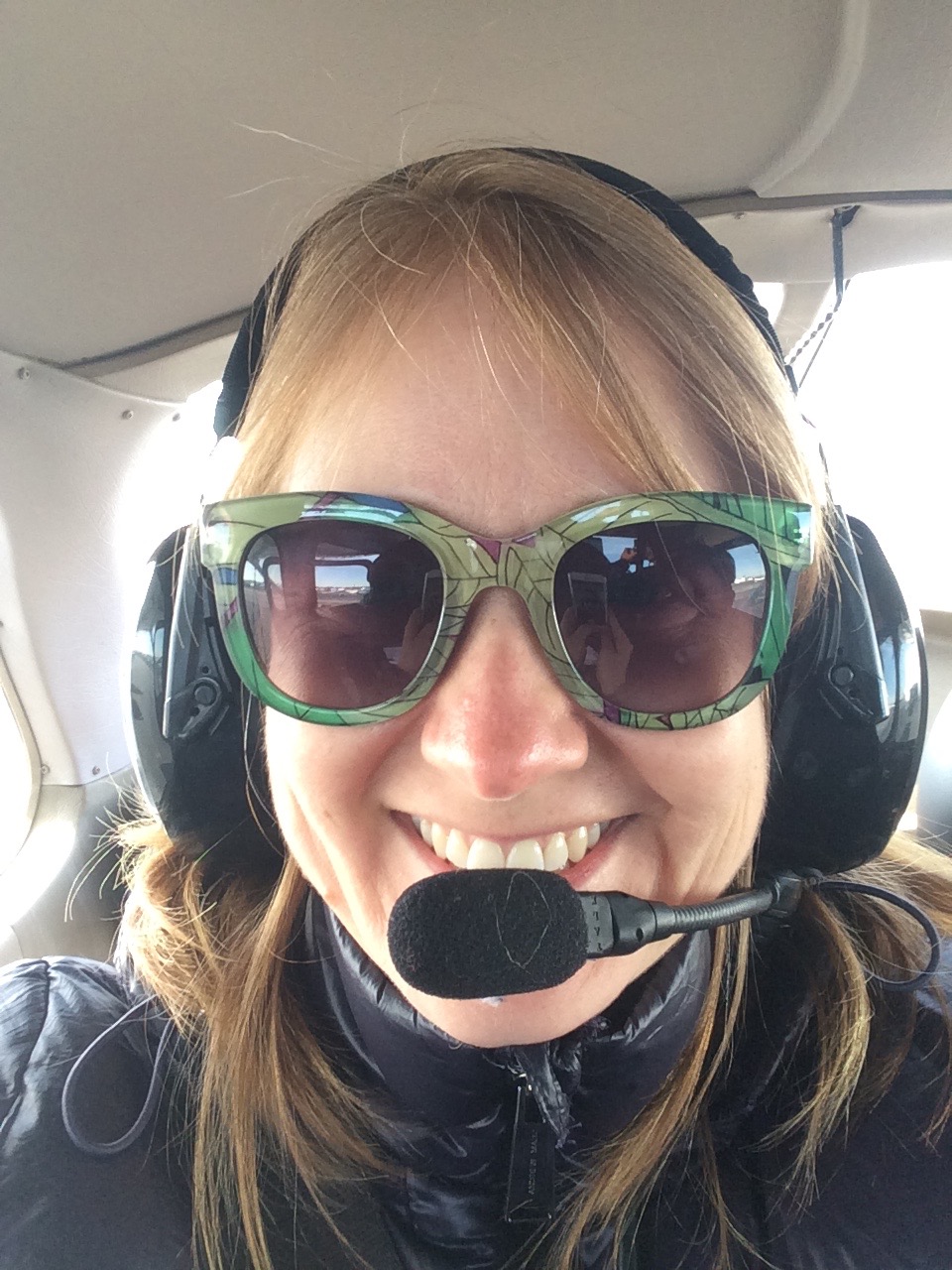I Don’t Care About Money...and other lies we tell ourselves
/by ERIK ORTON on JANUARY 25, 2017
I used to say I didn’t care about money. I never saved because I never wanted to retire. Retiring was for lazy people. I didn’t want to play golf. I wanted to work, be productive and create until the day I died. Then I learned that retiring didn’t just mean playing golf (which I actually don’t know how to do). And I also learned that money wasn’t about stuff, it was about time. Money buys time, and I care a lot about my time.
Money also buys stuff. Money makes things possible. Money buys groceries and pays the rent. When Emily and I were first married, I was bad at managing money. We were always overdrawing our checking account and shuffling balances around to get a lower rate while we were paying off credit cards.
We’d done a couple of things right. I took a second job while in college to pay off some student debt, so we graduated debt free. And my dad insisted I learn to balance my checkbook to the penny, so I did. But aside from that, I had no clue about money, how to manage it or how to make it.
Hieroglyphics on display at the Louvre.
After college I got a job, which is what most people do to make money. It’s a perfectly fine way to make money, but it’s not the best way. I had a degree in music. That’s a tough way to make money. I got a job helping manage a Broadway musical. Fortunately, part of my job was balancing the checkbooks for the show. This I knew how to do. It also involved processing the payroll and paying taxes and bills for the show. This I learned how to do. I got competent at tracking numbers. But I was missing the big picture. Then I read something that clicked for me: “Numbers alone really mean little. Just as words alone mean little. It’s the story that counts... Reading numbers is looking for the plot, the story.”(1)
I could read the numbers, but I was missing the meaning. That’s like trying to read a novel, but only understanding spelling and grammar. No wonder so many people say “I’m not good with numbers" or "I hate math.” We were missing the point. I realized I was financially illiterate. I was a story guy in a story business, but I was missing some of the most important stories happening around me.
Handwritten score by Claude Debussy.
I started on a quest to learn to read numbers and understand the stories they told. Once I learned how to read the stories numbers told, I started learning how to write stories with numbers. The cool thing about number stories, and especially money stories, is when they make sense, we can make those stories into reality.
The first story I wrote was called “Getting Out of Debt.” It wasn’t the most interesting story, but it felt good and paved the way for the next story, “How to Save Money.” Again, this wasn’t scintillating stuff, but it felt really good to have a little distance between me and $0. The more that distance grew, the more interested I became in writing stories called "How to Manage Cash Flow" and “How to Invest.” These stories were getting more interesting, because they were effecting my peace of mind. And I was exhilarated by the learning process and how I felt as I turned these stories into realities.
I was getting the hang of writing better stories. That let me write some new, short stories like, “How to Take Sailing Lessons” and “How to Produce A Play.” These were a lot more fun, but I could never have written these stories first. Then I wrote “How to Sail in the Caribbean with My Wife and Friends” followed by “How to Sail For a Year with My Family.” These were by far my most challenging but most rewarding stories.



Most recently I wrote a story called “How to Take Flying Lessons” followed by “How to Go Rock Climbing in Yosemite.” We can write all kinds of stories, like “How to Give More to Charity”, “How to Help Others” and “How to Make the World a Better Place.” You get the idea. I’m currently working on “How to Write and Publish a Book with My Wife.”
The more stories I write, the more fun they become. And I love helping people read and write their own stories. I still have plenty to learn, but I can safely say that I now see numbers for what they are: symbols. Just like words and musical notes are symbols, numbers make beautiful ideas possible.
What story would you like your numbers to tell?
In the coming weeks, I’ll share additional thoughts on what I’m learning about number stories and how to create them. If you have anything specific you’re interesting in hearing more about, please drop me a line or post a comment below.

































